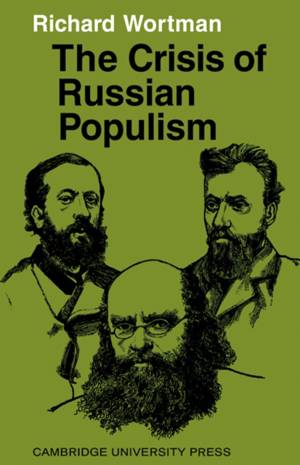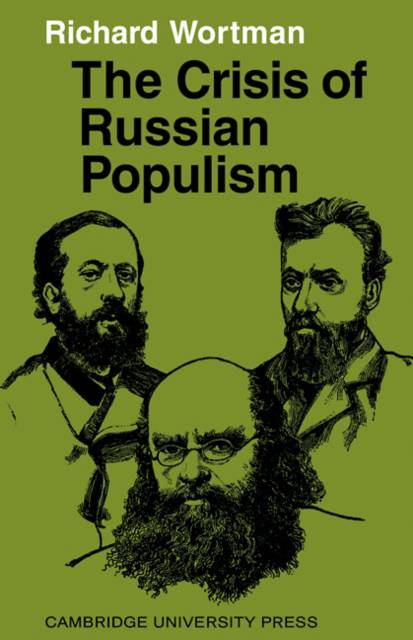
- Afhalen na 1 uur in een winkel met voorraad
- Gratis thuislevering in België vanaf € 30
- Ruim aanbod met 7 miljoen producten
- Afhalen na 1 uur in een winkel met voorraad
- Gratis thuislevering in België vanaf € 30
- Ruim aanbod met 7 miljoen producten
Zoeken
Omschrijving
The Russian populists were intellectuals who saw the hope for transformation of Russian society in an alliance between peasantry and intelligentsia. They endowed the peasant with their own socialist ideas and in his institutions, especially the rural commune, they saw the embryo of a just future life. Professor Wortman sees populism not as a defined ideology but as a group of shared attitudes and preconceptions. During the crisis of Russian populism, at the end of the 1870s and beginning of the 1880s, these attitudes and preconceptions were called into question when first hand reports came from the countryside of neglected fields, ignorance, poverty and exploitation of the poorer by the wealthier peasants. Professor Wortman focuses on the 'psychological dimension of populism' by tracing the personal evolution of three of the leading writers of the time before and during the period of crisis. In each case, he shows how a grave personal crisis resulted from the ideological crisis afflicting the movement and how the individual writer's personal experience was made meaningful for the group as a whole.
Specificaties
Betrokkenen
- Auteur(s):
- Uitgeverij:
Inhoud
- Aantal bladzijden:
- 224
- Taal:
- Engels
Eigenschappen
- Productcode (EAN):
- 9780521089708
- Verschijningsdatum:
- 6/11/2008
- Uitvoering:
- Paperback
- Formaat:
- Trade paperback (VS)
- Afmetingen:
- 140 mm x 216 mm
- Gewicht:
- 290 g

Alleen bij Standaard Boekhandel
+ 129 punten op je klantenkaart van Standaard Boekhandel
Beoordelingen
We publiceren alleen reviews die voldoen aan de voorwaarden voor reviews. Bekijk onze voorwaarden voor reviews.








